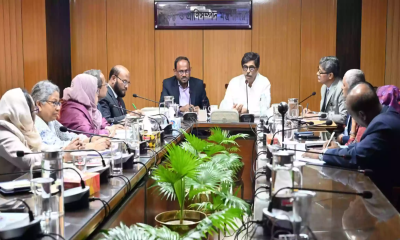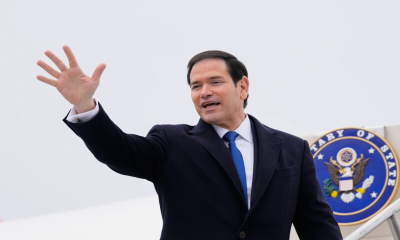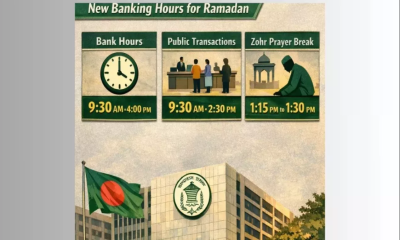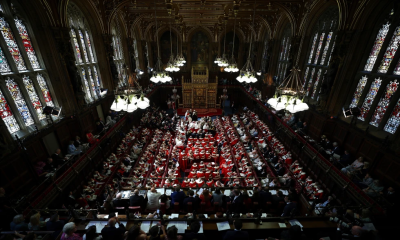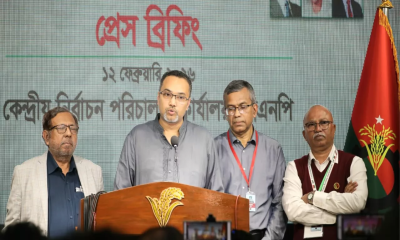It is impossible to establish the exact cost to Qatar of the recently-concluded Fifa World Cup. It is already certain that it was the most expensive of any World Cup held since the first in 1930.
By some estimates, its cost may even be more than the previous 21 combined.
According to a variety of experts and reports, the costs exceeded $200 billion (€199 billion) and could go even higher.
To put that in context, the most expensive World Cups previously were the 2014 tournament in Brazil and the 2018 edition in Russia, which both cost less than $15 billion.
Dan Plumley, a lecturer in sports finance at Sheffield Hallam University, says that already when Qatar was chosen as the 2022 host back in 2010, early estimates cited the potential cost at $65 billion.
"Some recent estimates have said it could potentially top $200 billion. It will be the biggest in terms of cost on record to date," he told DW. "Although we are yet to know by how much exactly."
Arriving at a figure
The United States sports finance consultancy Front Office Sports has estimated a cost of $220 billion while Hassan Al Thawadi, head of the Qatari body tasked with organizing the tournament, says that infrastructure costs since the country was awarded the tournament exceeded $200 billion.
The reason for the uncertainty is that the vast majority of the billions the Qatari government spent in advance of the tournament is on non-football infrastructure, such as a new metro system, an international airport, new roads, around 100 new hotels and leisure amenities.
Much of that investment is part of the Gulf state's wider public investment project, known as Qatar National Vision 2030.
"The World Cup acted as an accelerant in terms of the Qatari government wanting to address issues as far as the country's infrastructure was concerned," Kieran Maguire, a football finance specialist at the University of Liverpool, told DW. "It gave them a focal point. Compared to other World Cups, it is far more expensive."
It was a huge "soft power bet" which will actually end up being loss-making in commercial terms, according to Plumley -- something of little concern to Doha given the vast energy wealth of the gas-rich peninsula.
The primary gains Qatar is seeking are noncommercial, he said. "International relations are the key motivation for hosting the tournament and it is also about soft power as a defense and security strategy. Money is clearly no object to Qatar. The country can clearly afford to host a World Cup and is willing to absorb the losses attached … In many ways, the 2022 World Cup is a financial anomaly."
A dark legacy
Even if it is a financial anomaly, Qatar 2022 must still grapple with the question of "legacy," like all recent World Cups.
That's the idea that the tournament should leave behind a meaningful footprint for the society at large in the country, one which justifies the financial splurge on just four weeks of football.
That is a major struggle for most World Cups, but in the case of Qatar, there are serious doubts.
One of the most obvious issues is the stadiums. Of the eight venues, seven have been built from scratch for Qatar 2022. The government says the cost of constructing them has been $6.5 billion. Once the World Cup is over, the country of just 2.8 million people will have no need for so many large venues.
The "white-elephant issue" was a problem for recent World Cup hosts, and Qatar is aiming to break that cycle. Three of the stadiums hosted games, but the other five will either be dismantled, reconverted for alternative purposes, or have their capacities significantly reduced.
Maguire believes Qatar will nonetheless use the new infrastructure to justify bidding to host major European finals in the future, such as in the Europa League or Champions League.
The real cost: the lives of migrant workers
Overshadowing the question of the cost of the World Cup is the fate of the migrant workers who have toiled in the country for the past decade. Since it was awarded the tournament in 2010, Qatar has faced massive criticism from human rights groups for its treatment of foreign workers.
In 2016, Amnesty International accused Qatar of using forced labor at its flagship Khalifa International Stadium. Then there are the reports that thousands of migrant workers have died in Qatar since 2010.
In February 2021, The Guardian newspaper reported that 6,500 migrant workers from India, Pakistan, Nepal, Bangladesh and Sri Lanka had died in the country between 2010 and 2020.
Human rights experts say a huge number of those who died were in the country specifically because of the World Cup.
Qatar has made some modest labor reforms in recent years, but according to Amnesty, huge problems remain. "Ultimately, human rights abuses persist on a significant scale today," it said in a report in October.
Fifa wins again
For Fifa, football's international governing body, neither migrant worker deaths nor the question of costs will affect its bottom line.
Dan Plumley says the tournament will be a major financial boon for them, as the 2018 edition was.
"For Fifa, the World Cup is about the monetary gain and revenue generation to fund its operations across each four-year cycle," he said, pointing to the fact that the 2018 World Cup revenues for FIFA greatly exceeded their expectations.
"Expect similar success from Qatar for Fifa. Hosting a tournament may come at a significant cost to the host nation, but it is in Fifa's interests to make sure the event is a success, and of course, they need not worry so much about the costs."





-20260217073221.webp)
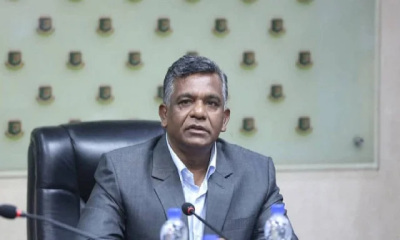



-20260219110716.webp)

-20260219054530.webp)


